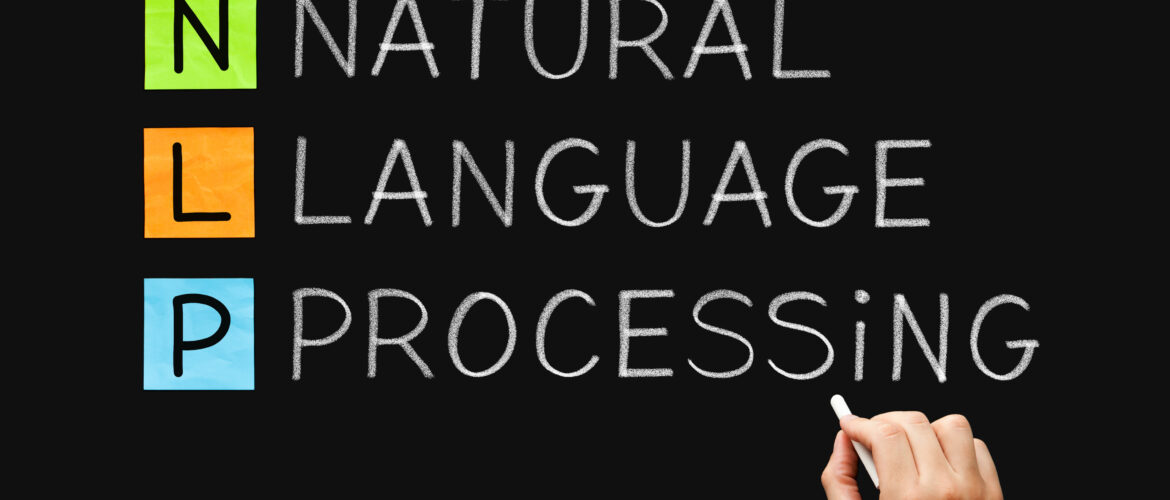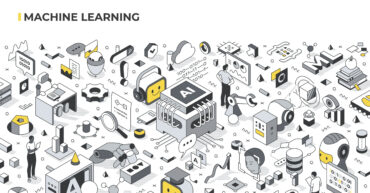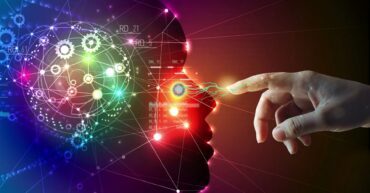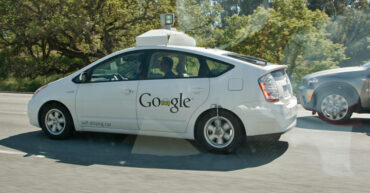Natural Language Processing: How Machines Understand Us
- November 16, 2023
- Posted by: Kulbir Singh
- Category: Artificial Intelligence Data Science

Have you ever wondered how Siri, Alexa, or Google knows what you’re asking? Or how does your computer understand your homework when you type it up? It’s like they have a secret decoder ring to understand human language. This magic is called Natural Language Processing (NLP), and it’s a special trick that helps computers understand, interpret, and even speak our language. Let’s embark on an adventure to uncover how machines learn to chat with us!
What is Natural Language Processing (NLP)?
Imagine you’re teaching your dog to understand commands. “Sit,” “stay,” and “roll over” are phrases you might use. Your dog learns that these sounds mean certain actions. NLP is similar, but instead of teaching a dog, we’re teaching computers to understand not just words, but sentences, jokes, and even sarcasm, in any language!
How Does NLP Work?
NLP works like a superhero team with different powers:
Listening Hero (Speech Recognition): This hero can listen to what you say and write it down. It’s how voice assistants understand your questions.
Reading Hero (Text Analysis): This hero loves to read. It looks at what’s written and figures out what it means, like finding the main idea of a story.
Thinking Hero (Understanding Context): Sometimes, words have more than one meaning. This hero uses context to figure out what words mean, like how “bat” can be an animal or something you use in baseball.
Speaking Hero (Language Generation): After understanding what you want, this hero responds back in a way you can understand, completing the conversation.
Why is NLP Important?
NLP is like having a universal translator for any language, including emoji! It helps us:
Chat with Computers: Whether you’re asking for the weather or need help with homework, NLP helps computers understand and respond to us.
Translate Languages: Ever used a website to translate your homework into another language? That’s NLP at work, helping break down language barriers.
Stay Safe Online: NLP can help spot when messages are mean or not safe, helping keep the internet a friendlier place.
NLP in Everyday Life
You might not realize it, but you meet NLP every day:
Smartphones: When you ask your phone a question, NLP helps it understand and find the answer for you.
Video Games: Ever played a game where you can type or talk to characters? NLP helps those characters understand and react to you.
Homework Helpers: Some websites can help check your spelling or give you tips on writing better. NLP powers those suggestions.
How Do We Teach Machines Our Language?
Teaching machines to understand us starts with a lot of reading. Computers read books, websites, and all sorts of texts to learn how words and sentences work together. Then, scientists and engineers play teachers, helping guide the computer through rules of grammar and language, much like how you learn in school. Over time, with lots of practice and examples, computers get better at understanding us.
The Future of Talking to Machines
In the future, talking to machines will be even easier. You might have a robot buddy that can chat with you about your day, help with your homework, or even tell jokes. We’ll see computers that can write stories, create music lyrics, or help authors come up with the next big book series. And the best part? They’ll understand everyone, no matter what language they speak.
Challenges Along the Way
While teaching machines to understand us is super cool, it’s not always easy. Sometimes, computers get confused by jokes, idioms (like “piece of cake”), or when we use language in creative ways. And just like people, machines need to learn to understand and respect different cultures and the ways they use language.
You and NLP
You’re part of this adventure, too! Every time you talk to a voice assistant, use a translation app, or even play a game that uses NLP, you’re helping machines learn more about how we use language. And who knows? Maybe one day, you’ll come up with new ideas to make NLP even better.
Conclusion
Natural Language Processing is a bit like magic, turning the words we speak and write into something computers can understand. It’s all about building bridges between humans and machines, making it easier for us to chat, work, and play together. As we continue to teach computers our languages, who knows what amazing conversations we’ll have in the future? So next time you talk to your phone or computer, remember: you’re talking to a student of language, learning how to understand us one word at a time. And with your help, they’re getting smarter every day. Welcome to the world of NLP, where every word is a step towards a future filled with conversations between humans and machines.
A Large Language Model (LLM) is a type of deep learning model trained on massive text datasets to understand and generate human language.
Humans and artificial intelligence (AI) have been contrasted and compared frequently.Some worry that AI will drive people out of many professions, while others argue that AI will never fully replace human intelligence and creativity.
Autonomous vehicles, also known as self-driving cars, are like smart robots that can drive themselves without a human driver.



